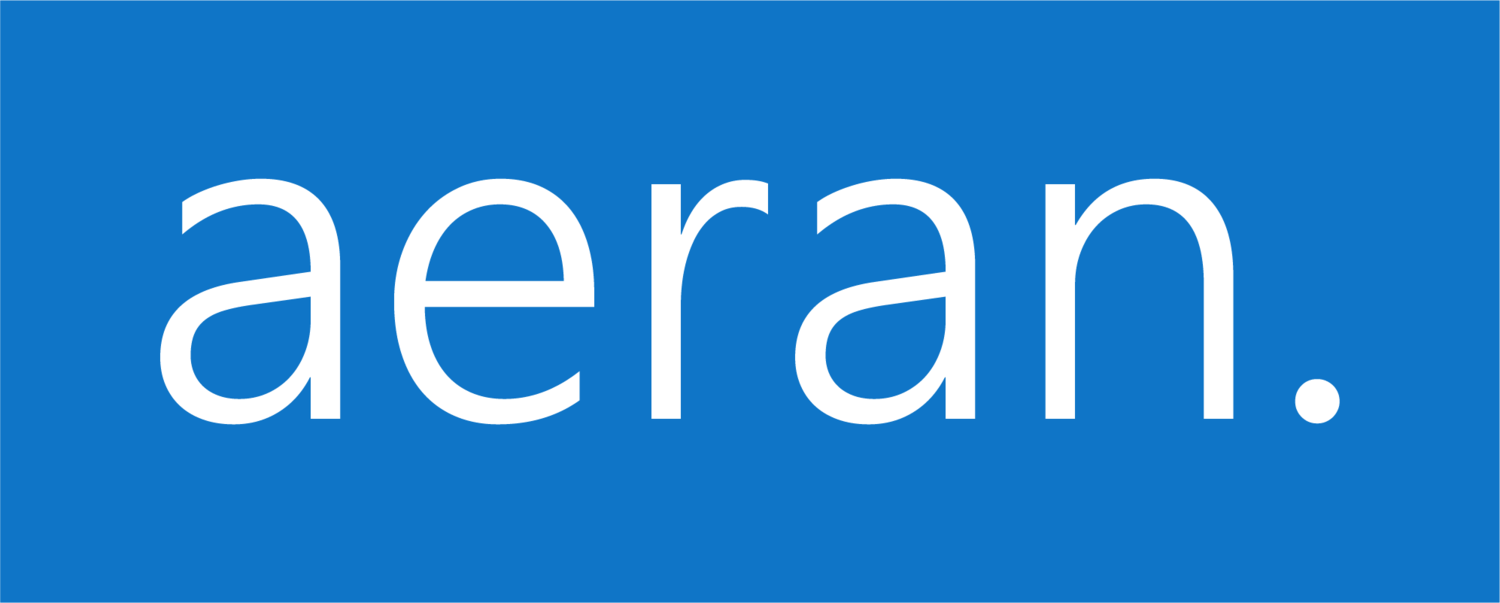When a person receives personal injury compensation and because of their injuries are unable to work, they can potentially use the superannuation rules to convert their lump sum into a flexible tax-free income stream.
These rules apply to people of all ages, including children.
One of the rules is that the contribution needs to be made within 90 days of the settlement being received.
Much needs to be done to meet this deadline, including:
obtaining financial advice
obtaining a Tax File Number if the person doesn’t already have one
obtaining certified copies of acceptable identity documents
arranging certification from two medical practitioners
obtaining relevant confirmations from the trustees of the superannuation fund prior to making the contribution
opening a new superannuation pension account
transferring funds into the account.
If the above steps are not completed and the contribution has not been made within 90 days of receipt of the funds, the opportunity to secure a tax-free superannuation pension may be lost.
This can sometimes result in a client having to pay significant amounts of tax each year, reducing what’s available to meet their needs.
However, if a very good reason exists as to why the 90-day deadline has not been met, an application may be made to the Commissioner of Taxation to have a new 90-day opportunity.
Aeran recently assisted a new client to secure such an extension of time.
Our client had been injured and received significant compensation many years ago. The local Public Trustee was appointed by the court to manage the funds.
The Public Trustee held the client’s funds mainly outside the superannuation environment and the client was paying a significant amount in tax each year, compromising the level or care that was affordable for the client.
The client’s family arranged for the Public Trustee to be removed in favour of a private trustee company who obtained financial advice from Aeran.
Once the private trustee company was appointed, an application was made to the ATO for a private ruling to have a new 90-day deadline, and it was approved.
There was then a significant amount of work involved in liaising with the private trustee, the accountant, and the ATO, however in the end we were successful in contributing the client’s fund into a superannuation pension.
The client now pays only minimal tax, so there are more funds available to pay for the client’s lifestyle, care and support.
